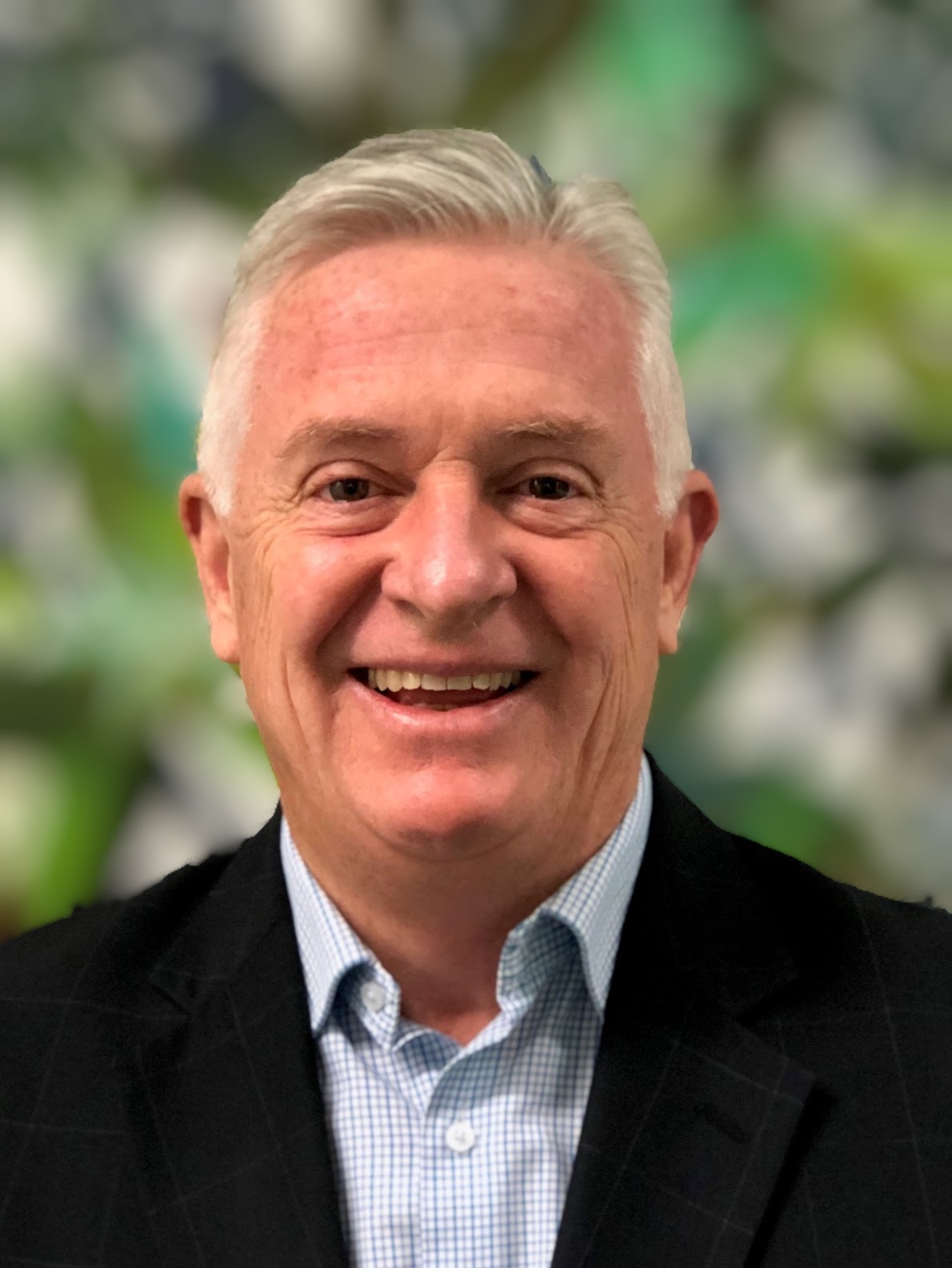 | Author's Name: Anthony Battaini Date: Sun 06 Jul 2025 |

Volunteering is a good news story. According to Volunteering Australia two thirds, or 14.1m Australians over 15 years-of-age actively volunteer. Volunteers freely give billions of hours of time, contribute significantly to improved workforce productivity and increase our general sense of community wellbeing. The social return on investment from volunteering is $433bn. For every $1 invested in volunteering, $5 is returned to the community. Volunteering is seen in action most strikingly in times of crisis, such as natural disasters, but goes on everywhere. Australia is a nation of volunteers and Rotary is at the forefront of volunteering in Australia.
Caregiving is a more complex story. It is not volunteering, flies under the radar and does not come with the same kudos. It seldom involves choice, and expends much time, energy and cost. Caregivers are at the mercy of their circumstances, generally unable to freely determine how or when they will give, but know they must. Caregivers too, provide billions of hours of service to the economy, none of it recognised in GDP. The opportunity cost to carers is high, in compromised personal lives, loss of income and career limitations. Demand for caregiving is rapidly increasing, but supply of caregivers is not keeping pace.
The prime example is dementia. In the next thirty years cases will almost double from the current estimate of 433,000 to over 800,000. Dementia is recognised as a National Health Priority Area and one of the most significant, due to its prevalence and social burden. Today there are 1.7m home-based carers who support people living with dementia. Supply of residential aged care places cannot meet demand, resulting in two out every three people with dementia limited to family care.
This crunch on carers is real, debilitating and unsustainable. Unlike other high-profile diseases, dementia does not have effective treatment protocols. Essentially, it is managed by caregivers, rather than clinicians and health workers. Until medical science provides solutions, we need to better care for our carers.
For fellowship forged in service to others, and friendships formed by good company shared over a fine meal, we give thanks.
Tony Battaini
Thank you to Tony Battaini for providing this reflection on 2 July 25